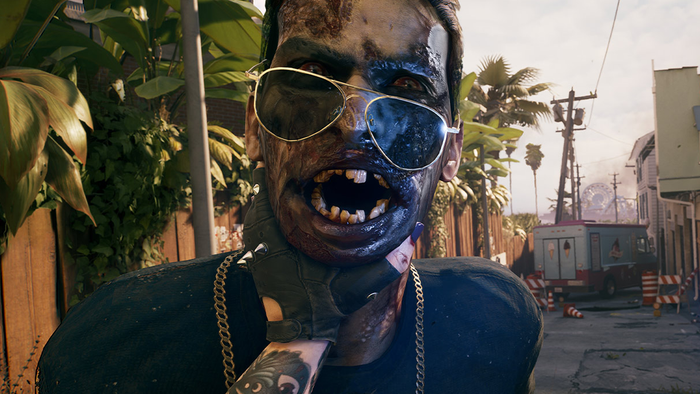Moving from Reviews to Critique
Reviewers, most often then not, loose themselves in very detailed descriptions and lists of features, only to miss their opportunity to convey to us the essence of their experience.

I think everyone can agree with me that game-reviews right now feel anemic. We hear this a lot from different professional sources, then the argument is brought up that the reviewers and critics do not yet posess the language necessary to create meaningful reviews. This is, in my opinion, only partly true.
Reviewers, most often then not, loose themselves in very detailed descriptions and lists of features, only to miss their opportunity to convey to us the essence of their experience (I know I have).
Lets take this passage from the Gamespot review of Skyrim:
[...]Closer inspection reveals plenty of ugly painted-on textures, and the PS3 version suffers from a general blurriness that diminishes the overall visual impact. But like many enormous games, Skyrim makes a great impression not because its individual elements are sharply honed, but because they contribute to a grander whole. There's so much to do that your quest log becomes an embarrassment of pleasures, offering dozens of choices at any given time, each one as enticing as the next.[...]
Lets compare this passage with a culinary review to illustrate how silly the language and structure used here really is.
Closer inspection reveals plenty of ugly chopped carrots, and the Regular-Deluxe version suffers from a general hardness that diminishes the overall taste. But like many enormous sandwiches, Skyrim makes a great impression not because its individual elements are sharply honed, but because they contribute to a grander whole. There's so much to taste that your palate becomes an embarrassment of pleasures, offering dozens of experiences at any given time, each one as enticing as the next.
This is not only horribly formulaic, it is also fails to convey anything about the sandwich (Skyrim) beyond counting down a list of singular facts loosely connected to the experience. And this is pretty much how almost every review on the net or in magazines reads. It can be simplified down to the formula:
"The graphics are quite good but have blurry textures up close, the voice acting is decent but over the top, yet performs outstandingly in its story-context. If you liked Oblivion you will like this sandbox RPG!"
-
"The pickles are quite good but have a bad aftertase, the ketchup is fresh but mushy yet fragrant. In general if you liked a BigMac you will like this burger."
Reviews like this tell us nothing, they completely fail to convey any emotion or experience. Not only that but they also fail to communicate any information about the game. How did the blurry textures influence the experience? Was it positive or negative? (shocker, muddy textures can work -for- a games atmosphere)
Reviewers need to move away from detailing gameplay mechanics, graphical options, animation, etc. as a way to write a review.
Game-reviews read a lot like hardware reviews of electronics, meticulously detailing technical aspects, but games are not hardware bought for a specific purpose. They are entertainment and sometimes even art, and they must be treated as such.
We have to find a way to convey the essence of the experience not just its technical aspects in loose conjunction thereof. We also have to put emphasis on criticizing rather than praise.
When I read a review I mostly want to find out what is wrong with it, not what is right. If you look at game-reviews like Skyrim there are two pages of praise but three paragraphs of critique (crushed beneath the two pages of praise). Yet if you look through the blogs on this site or other outlets we have people writing two-page critiques on only one aspect of the game (UI, Consequence-less decissions, etc.)
Reviewers not only do us customers a service by reviewing the game, informing our opinion and helping us come to a purchase-decission, but also inform the -developers- of their shortcommings. Critique must primarily be interested in highlighting the shortcommings in a piece, necessarily so, because its the only structured and professional feedback the dev or publisher will ever get. And we can not be afraid of using strong words either, and by strong i do not mean "fuck" or "shit", but words like "shallow" or "incompetent" if these are applicable.
In essence we need a new, fresh approach at critique in videogames, what we get right now does not cut it. Not for customers and not for developers, not even for reviewers themselves I would guess.
Read more about:
BlogsAbout the Author(s)
You May Also Like













